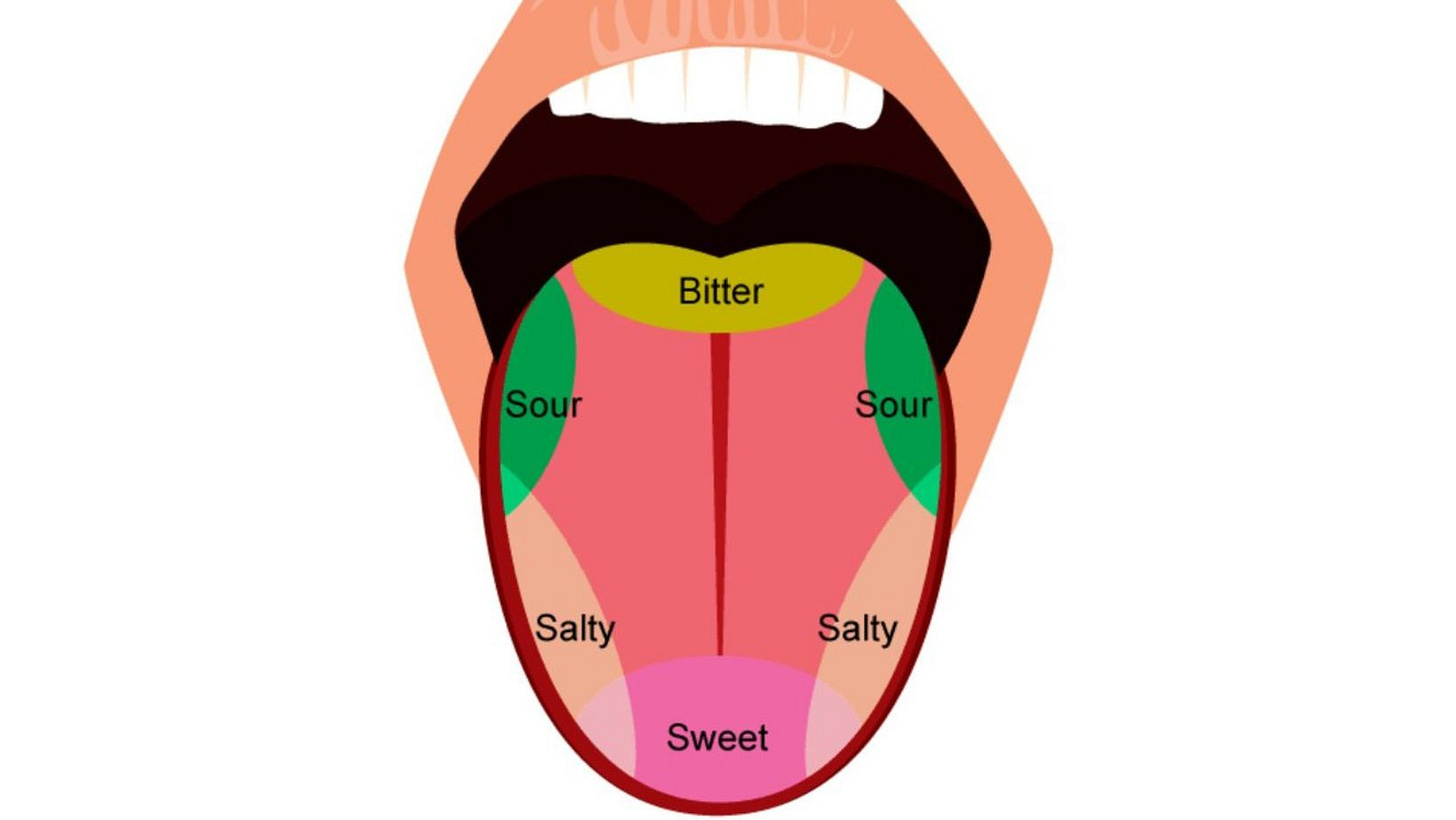What have you done with your tongue lately?
Once you’ve gotten your mind out of the gutter, I’ll ask you to consider your oral habits within the context of this verse from James 3:9-10:
“With the tongue, we praise our Lord and Father, and with it, we curse men, who have been made in God's likeness. Out of the same mouth come praise and cursing. This should not be.”
Yes, I know, you all reserve the right to relentlessly rebuke any and all folks who were either responsible for or compliant with the pandemic narrative, the Great Reset, the Ukraine deception, etc.
I hear you. I feel you. I’ve done my share.
But, I dare say that the verse above is not about us never making harsh but accurate observations.
After all, in the Gospel According to Matthew alone, Jesus pronounces:
“You hypocrite, first take the plank out of your own eye, and then you will see clearly to take the speck out of your brother’s eye.” (Matthew 7:4)
“But woe to you, scribes and Pharisees, hypocrites, because you shut off the kingdom of heaven from men; for you do not enter in yourselves, nor do you allow those who are entering to go in.” (Matthew 23:13)
“Woe to you, scribes and Pharisees, hypocrites! For you tithe mint and dill and cumin, and have neglected the weightier provisions of the law: justice and mercy and faithfulness; but these are the things you should have done without neglecting the others. You blind guides, who strain out a gnat and swallow a camel!” (Matthew 23:23-24)
“Woe to you, scribes and Pharisees, hypocrites! For you are like whitewashed tombs which on the outside appear beautiful, but inside they are full of dead men’s bones and all uncleanness. Even so, you too outwardly appear righteous to men, but inwardly you are full of hypocrisy and lawlessness.” (Matthew 23:27-28)
“You serpents, you brood of vipers, how shall you escape the sentence of hell?” (Matthew 23:33)
So… how then do we discern when we are being righteous in our denunciations vs. when we’ve crossed the line into counterproductive egoism?
My answer as of now: I’m not sure.
But I intend to forsake my knee-jerk reflex to keep pondering, learning, and improving.
However, I will state that the most common clichés about forgiveness feel instinctually true. We don’t forgive to condone someone’s actions or even to show respect. It’s not always about repairing a relationship.
Forgiveness liberates the wronged while creating space (if possible, if desired) for mercy.
To add more grist to the mill, I wrote about forgiveness here:
The only thing evil can't stand is forgiveness
“Do you know what forgiveness means? It’s a decision we make to release a person from the feelings of anger we have against them.” These are the words of Fred Rogers. Yeah, as in “Mister Rogers.” You know what else Fred said? Try this on for size: “The only thing evil can't stand is forgiveness.”
Also, William shared an interesting contemplation on the topic this week:
Closing thought: When it feels unimaginable to forgive, it might help to humbly recall the greatest act of absolution of all, from Luke 23:34:
“Father, forgive them; for they do not know what they're doing.”
It would be deeply appreciated if you’d sign up to be a paid subscriber for as little as $5 per month (less than 17 cents a day) — it directly enables this blog/podcast to keep going and growing. You can find the link at the bottom of the post.
If you prefer, you can make a one-time donation whenever you’d like by clicking here. Thank you in advance!






Thank you for this reminder. Forgiveness brings healing. Unfortunately, forgiveness is also wildly misunderstood. It is very much about the one who has been harmed. Often the perp is dead, but forgiveness is still possible.
Great post; possibly the greatest, ever. Thank you! Humility is the fundamental aspiration of Christian virtue. It is the holy act that eludes the wiles of the devil who is bound by pride. As I have recently been brought to better appreciate the teachings, they condemn gossip and consider talking--even thinking--badly of someone as hypocrisy, the penance for which is prayer for Faith, Hope, and Charity (caritas, or love). The passage from Matthew (the one that you cite) admonishes, "Judge not, that you may not be judged, For with what judgment you judge, you shall be judged: and with what measure you mete, it shall be measured to you again."